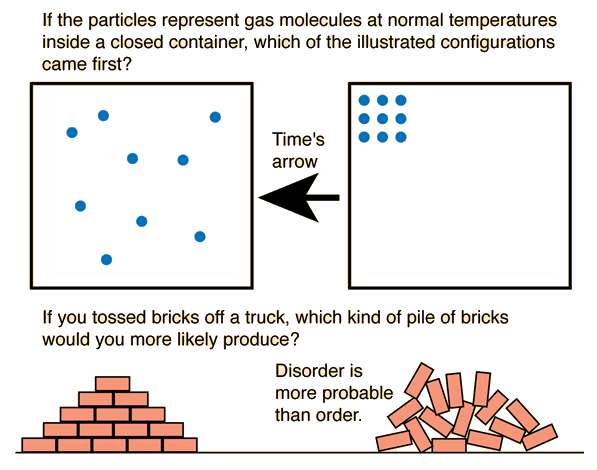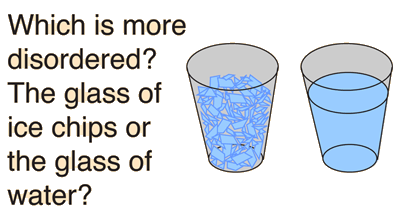Apone
Permanent Fixture
- MBTI
- MEGA
- Enneagram
- MAN
I guess it might be arrogance to think that we would be able to make some sense of any possible universe. However, if we were exposed to other realities in which things behaved in a way radically different from our own, we would at least be able to recognise that this reality was different. And, presumably, be able to say how it is different from our own - in such a way that we could cogently describe the difference sufficiently, so that any one else who observed this different reality, would be able to recognise it as the same one we had described.
This in essence, might not operate on the level of our being able to fathom an alternate universe in itself. However, we being accustomed to the order of our universe, would use our order as a reference point by which to describe the alternate universe - or at least its difference to our own. In which case, by simply interacting with an alternate universe, we would have in reality made it part of our own - because even the slight contact of observation establishes a relationship between everything we currently know and that which was thereto unknown. So that even if we were to observe complete chaos, it would still form part of the order of our universe - as that part which is consistently not consistent - which is quite an orderly category.
I remember seeing something about anti-chaos theory a looong while ago-- which actually suggests that things are predisposed towards order by virtue of 'elements becoming enmeshed'.
http://itee.uq.edu.au/~comp4006/CxSys Readings/Antichaos/Antichaos and Adaptation.htm
It's not exactly light reading, it's about anti-chaos and evolution, and it's over 20 years old, but it is interesting that chaotic patterns seem to inevitably find order… not that this implies they're being 'guided' by a creator, just that there is an innate predisposition towards order in seemingly chaotic systems.


